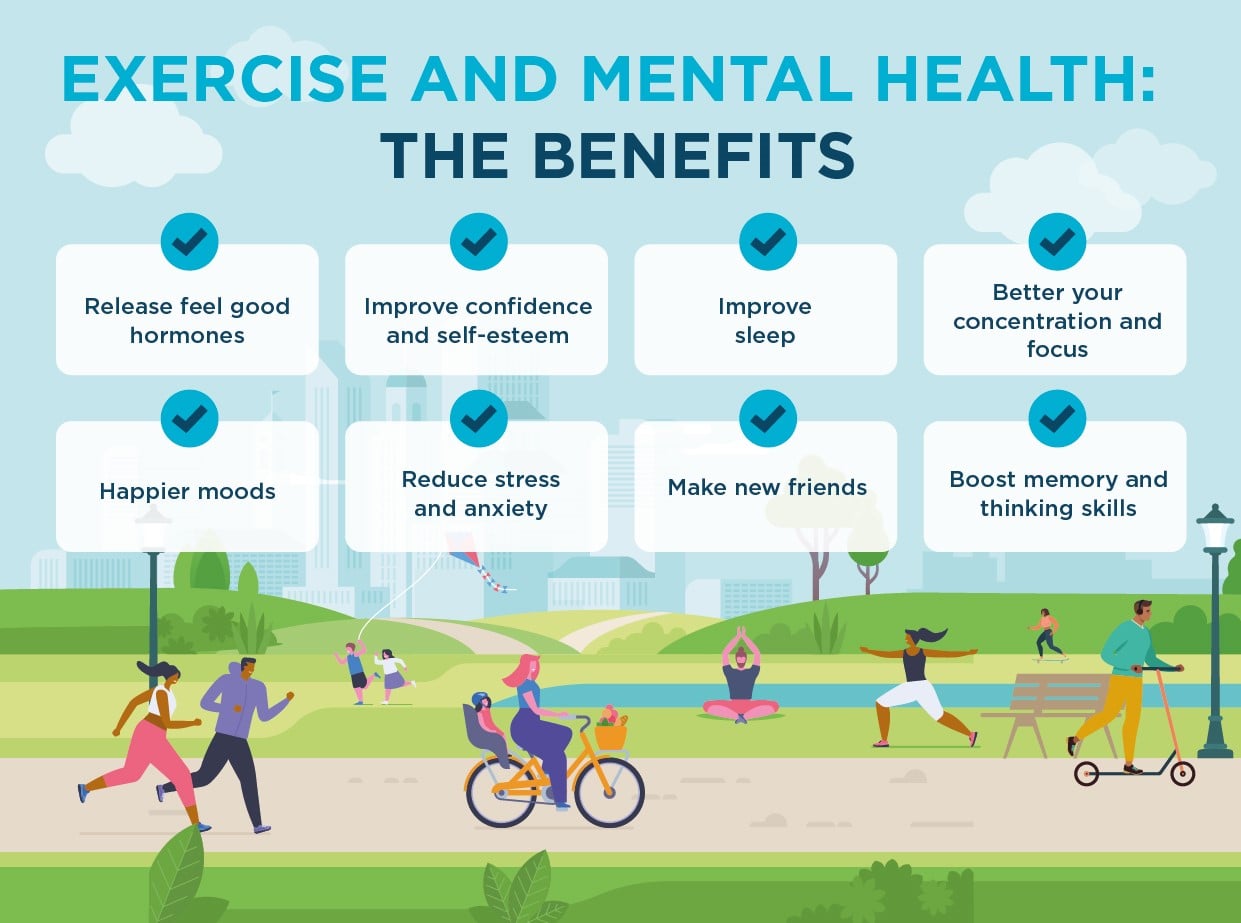Sleep and Your Mental Health
Mental Health isn’t just a buzzword. It is a priority. Companies are attempting to exploit and make billions of the industry that affects every human being. How can we combat mental health in our homes, on a daily basis?
SLEEP
Sleep plays a critical role in maintaining mental health, and the relationship between the two is well-documented. Here are some key ways in which sleep impacts mental health:
1. Mood Regulation:
- Positive Effects: Adequate sleep helps regulate mood and emotional stability. A good night’s sleep can lead to better mood, reduced irritability, and a more positive outlook on life.
- Negative Effects: Sleep deprivation can lead to increased irritability, mood swings, and heightened emotional responses. Chronic lack of sleep is associated with depression and anxiety disorders.
2. Cognitive Function:
- Positive Effects: Sleep is essential for cognitive functions such as memory consolidation, problem-solving, decision-making, and creativity. A well-rested brain can process information more effectively and make better decisions.
- Negative Effects: Insufficient sleep impairs cognitive performance, leading to difficulties with concentration, memory, and executive function. This can increase stress and reduce productivity, further impacting mental health.
3. Stress Management:
- Positive Effects: Adequate sleep helps the body manage stress by regulating the production of stress hormones like cortisol. It also enhances resilience to stress and the ability to cope with daily challenges.
- Negative Effects: Sleep deprivation elevates cortisol levels, making it harder to manage stress. Over time, chronic stress can contribute to the development of mental health disorders such as anxiety and depression.
4. Mental Health Disorders:
- Bidirectional Relationship: Sleep disturbances are both a symptom and a cause of various mental health disorders. For example, insomnia is common in people with depression, anxiety, bipolar disorder, and schizophrenia. Conversely, improving sleep can alleviate symptoms of these conditions.
- Impact on Recovery: Good sleep hygiene and treatment of sleep disorders are crucial components of mental health treatment plans. Addressing sleep issues can significantly enhance the effectiveness of treatments for mental health disorders.
5. Emotional Processing:
- Positive Effects: Sleep helps process and integrate emotional experiences. REM sleep, in particular, plays a crucial role in emotional regulation and processing negative emotions.
- Negative Effects: Lack of sleep can impair the brain’s ability to process emotions, leading to increased reactivity to negative stimuli and difficulty in managing emotional responses.
So, how can we change our sleep patterns and create a better balance in our Circadian Rhythm?
- Establish a Routine: Go to bed and wake up at the same time every day, even on weekends.
- Create a Relaxing Bedtime Routine: Engage in calming activities before bed, such as reading, taking a warm bath, or practicing meditation.
- Limit Screen Time: Avoid screens (phones, computers, TVs) at least an hour before bedtime as the blue light can interfere with melatonin production.
- Create a Comfortable Sleep Environment: Ensure your bedroom is dark, quiet, and cool. Invest in a comfortable mattress and pillows.
- Limit Stimulants: Avoid caffeine, nicotine, and heavy meals close to bedtime.
- Exercise Regularly: Regular physical activity can help improve sleep quality, but try to avoid vigorous exercise close to bedtime.
- Manage Stress: Incorporate stress-reducing practices such as mindfulness, meditation, or yoga into your daily routine.
By prioritizing good sleep habits, you can significantly improve your mental health, enhancing your overall well-being and quality of life. All you have to do is find your rhythm.




